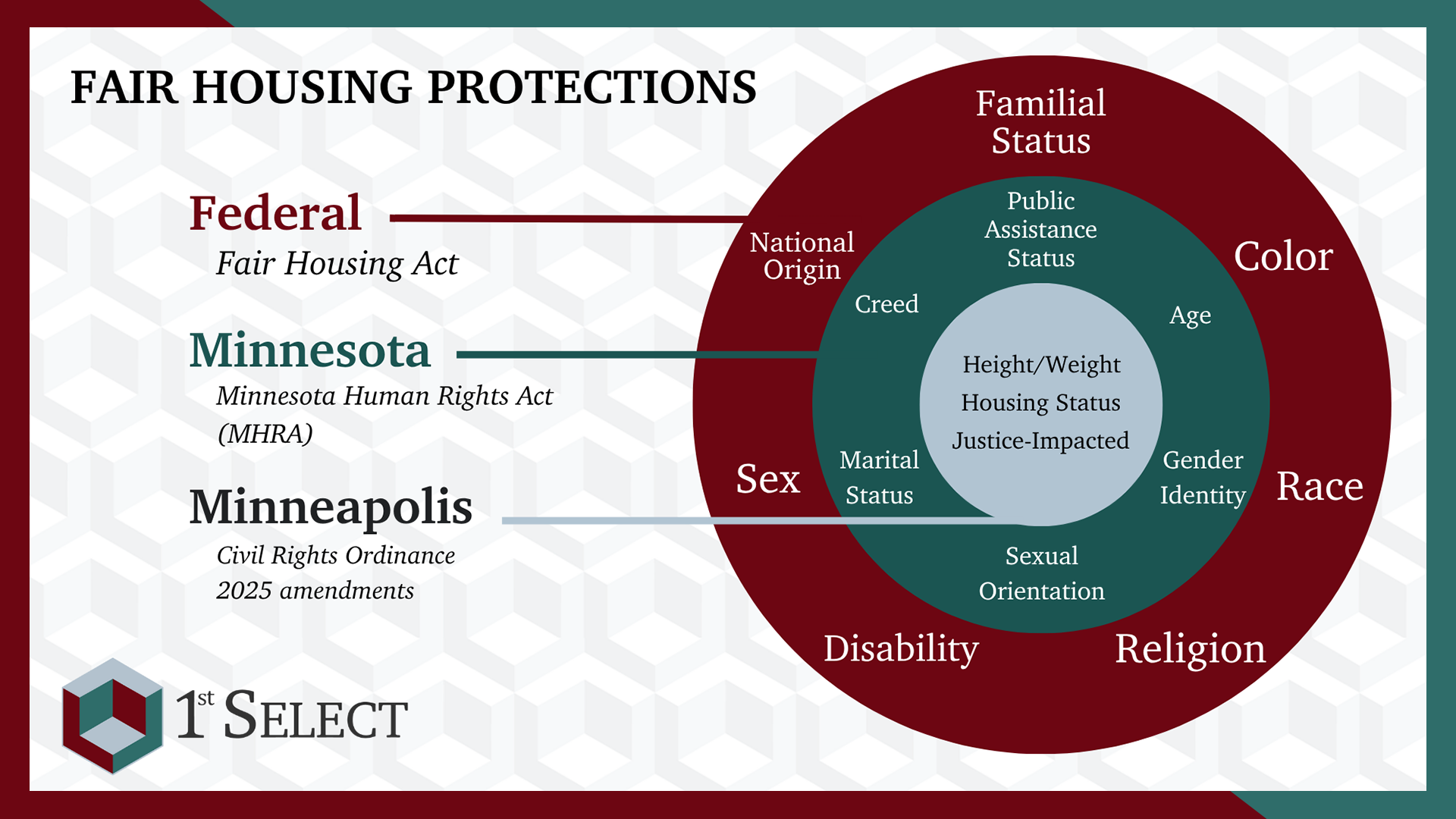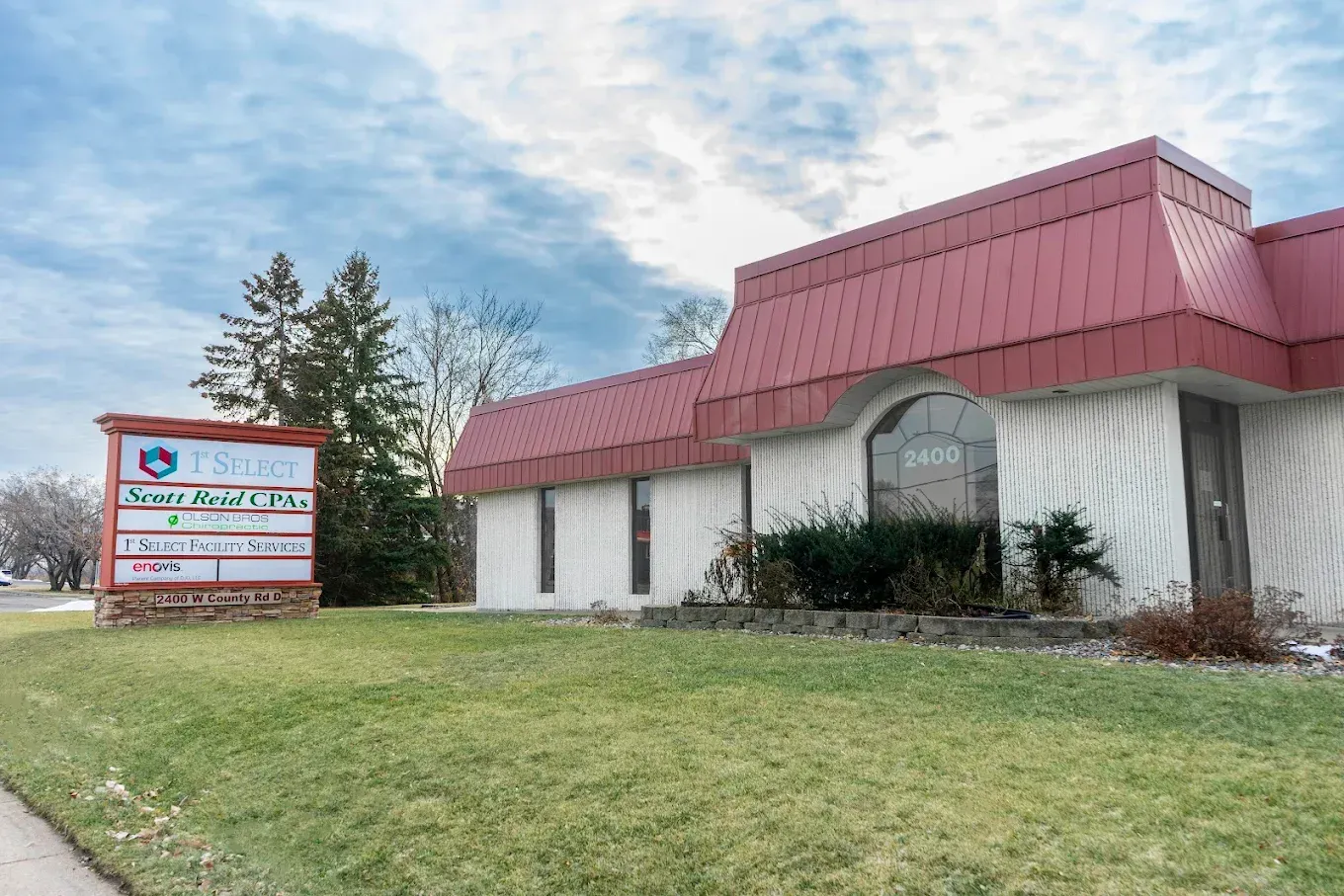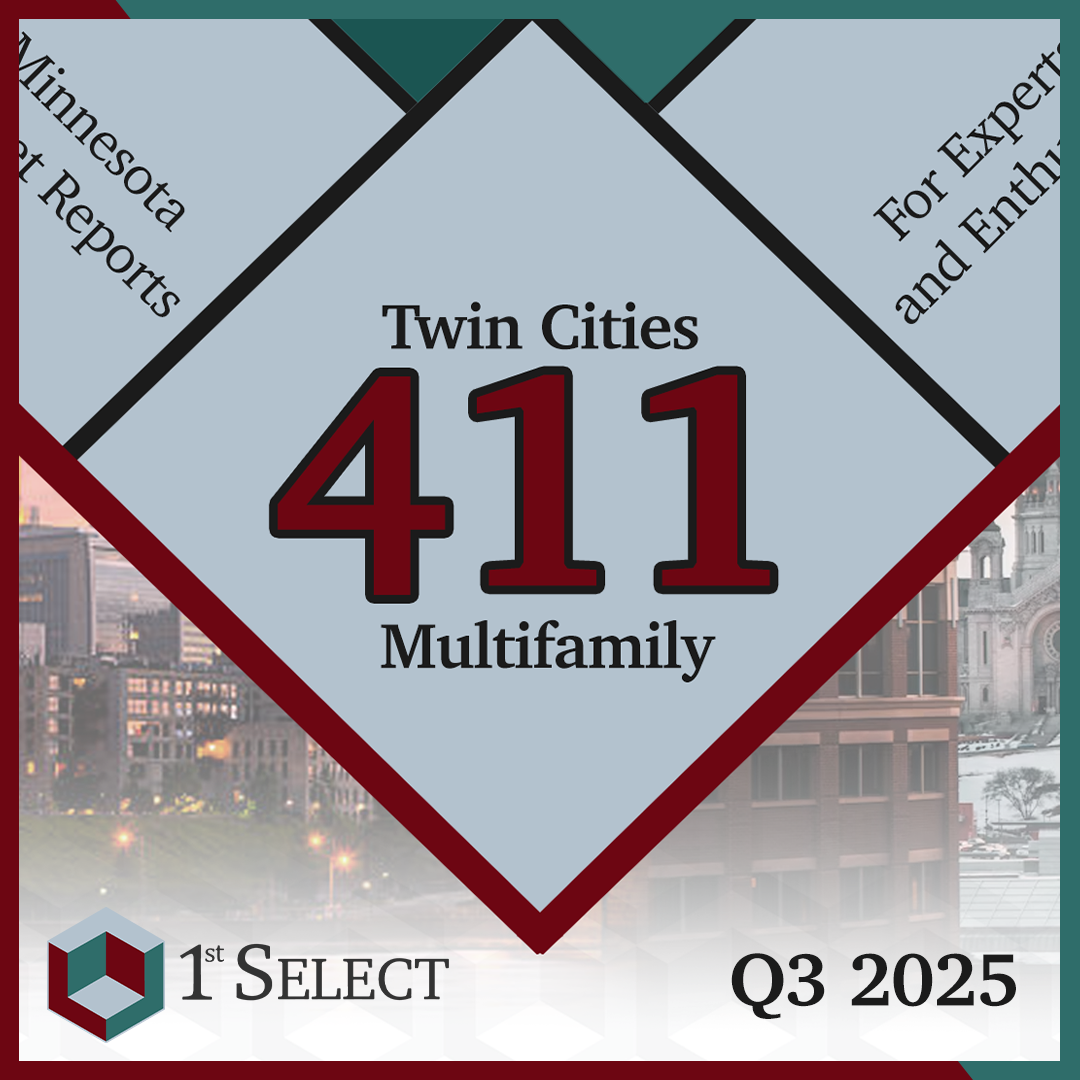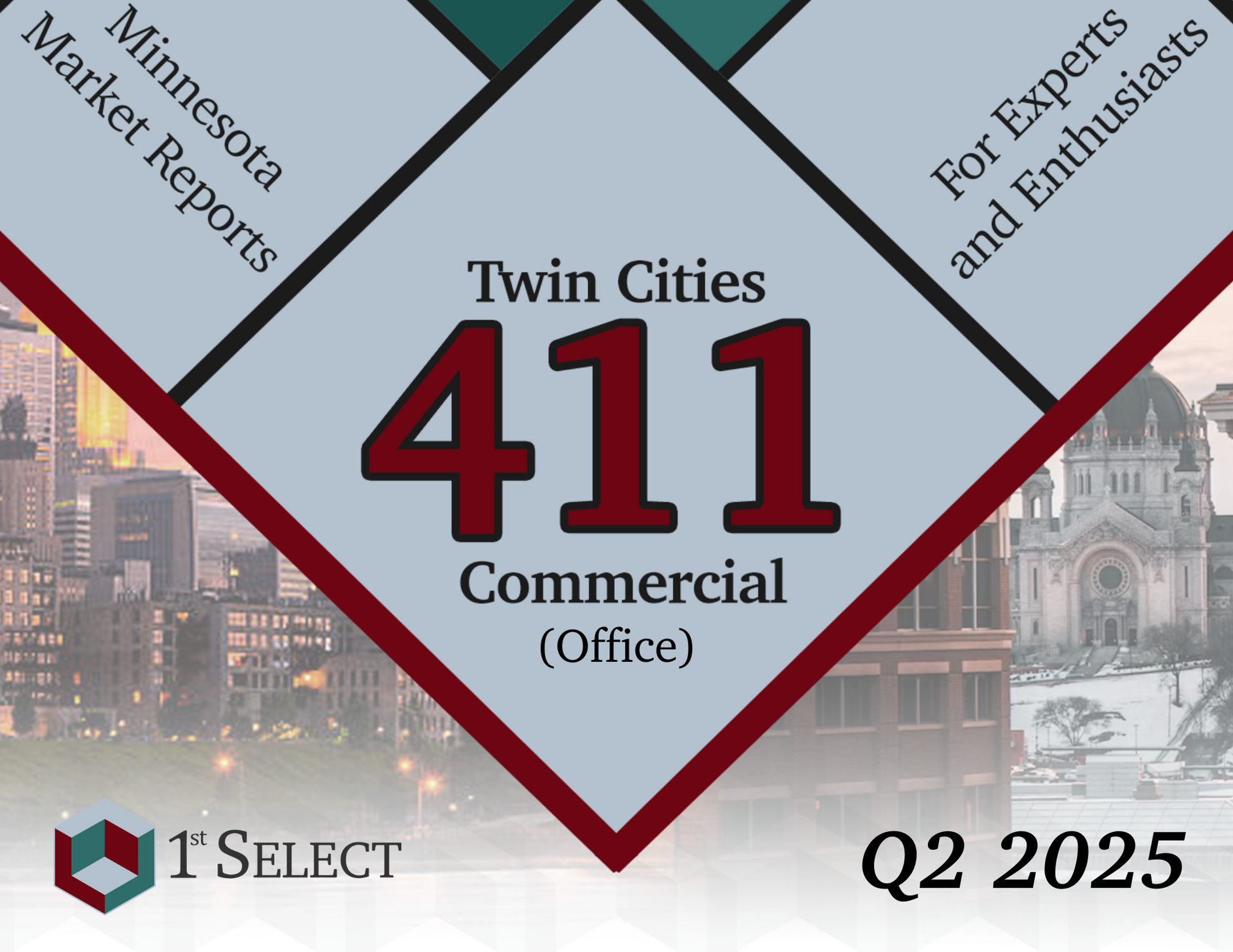Minneapolis Expands Fair Housing Protections Effective August 1st, 2025
Minneapolis Expands Fair Housing Protections Effective August 1, 2025
Beginning
August 1, 2025, the City of Minneapolis will implement amendments to its Civil Rights Ordinance, expanding the list of protected classes and broadening the scope of anti-discrimination rules for housing providers. These changes were adopted under
Ordinance No. 2024-00563 and will significantly impact the multifamily housing market.

Overview of Current Fair Housing Framework
At the federal level, the Fair Housing Act prohibits discrimination based on:
- Race
- Color
- Religion
- Sex (including gender identity and sexual orientation)
- Familial status
- National origin
- Disability
The Minnesota Human Rights Act (MHRA) extends these protections further by including:
- Creed
- Marital status
- Public assistance status
- Age
- Sexual orientation
- Gender identity
Minneapolis has historically adopted all federal and state protections, with additional local protections previously in place for:
- Gender identity (before federal recognition)
- Public assistance
- Political affiliation (in employment)
The 2025 amendments add new classes and expand definitions in ways that are particularly relevant to landlords, leasing agents, and multifamily property operators.
New Protected Classes in Minneapolis (2025)
The ordinance introduces three new protected characteristics in housing:
1. Housing Status
Prohibits discrimination based on whether an individual has a fixed, regular, or adequate nighttime residence. This includes:
- People experiencing homelessness
- Individuals staying in shelters
- Those in transitional housing or otherwise unstably housed
This addition aims to prevent denials of housing based solely on current housing instability or a lack of formal address history.
2. Justice-Impacted Status
Protects individuals with any kind of criminal legal system involvement. This includes:
- Arrests without conviction
- Convictions
- Periods of incarceration
- Supervision such as probation or parole
Importantly, this protection applies regardless of the nature or timing of the criminal record, making blanket policies that disqualify based on any criminal history non-compliant under city ordinance.
3. Height and Weight
Landlords may not refuse housing or otherwise discriminate based on a person’s actual or perceived height or weight. This protection acknowledges growing evidence of size-based discrimination and promotes equal access to housing regardless of body type.
Expanded Definitions of Existing Classes
The ordinance also broadens the definitions of several existing protected classes:
Race
The updated definition of "race" explicitly includes:
- Hair texture
- Hair styles commonly associated with racial identity, such as braids, locks, twists, afros
This expansion aligns with “CROWN Act”-style protections seen in other jurisdictions and protects against grooming policies that disproportionately affect Black residents.
Familial Status
Minneapolis expands the concept of familial status beyond the federal standard. The new language includes:
- Individuals providing care for someone unable to meet their own essential health or safety needs due to disability, age, or illness
This change ensures caregivers—such as adult children, partners, or non-biological guardians—are protected under fair housing laws.
Disability
The definition now includes conditions that:
- Are episodic or in remission
- Substantially limit one or more major life activities when active
This clarification reinforces existing ADA and MHRA obligations, especially in evaluating requests for reasonable accommodations or modifications.
New Requirements for Reasonable Accommodations
The ordinance strengthens requirements around reasonable accommodations in two key areas:
Pregnancy and Related Conditions
Housing providers must provide reasonable accommodations for individuals experiencing pregnancy, childbirth, or related health conditions. This includes temporary physical modifications, alternative communication, or modified policies where feasible—unless doing so would impose an undue hardship.
Religion and Religious Expression
Landlords must accommodate sincerely held religious beliefs or observances. This could apply to dress codes, display of religious symbols, or holiday observances, as long as the accommodation does not create undue hardship or fundamentally alter the nature of the housing operation.
Interaction with Minnesota Statutes (Chapter 504B)
The City ordinance does not replace or conflict with Minnesota’s Chapter 504B, which governs landlord-tenant law. Rather, it adds an additional compliance layer specific to Minneapolis. Some key areas of overlap and reinforcement include:
- Eviction and screening practices: Chapter 504B already restricts the use of certain eviction records. The justice-impacted status protection under city law now adds further constraints on how criminal history can be considered.
- Support animals: State law (504B.113) outlines verification rules for emotional support animals. Under Minneapolis ordinance, these requests are additionally protected under broader disability and accommodation standards.
- Identification requirements: Under state law, landlords must accept ITINs in place of Social Security numbers; housing status protections now make blanket rejections based on housing history impermissible.
Enforcement and Applicability
The ordinance applies to:
- All housing providers operating within the City of Minneapolis
- Property owners, landlords, managers, leasing agents, and real estate professionals
- Any entity involved in the sale, rental, or management of housing
Complaints under this ordinance will be handled by the Minneapolis Department of Civil Rights, which has authority to investigate and enforce anti-discrimination measures. Remedies can include cease-and-desist orders, monetary penalties, and corrective actions.
Effective Date
These changes take effect
August 1, 2025, and will apply to all new and renewed housing applications, leases, and interactions as of that date.
Share this post
Still Have Questions? Just Want to Chat?
The 1st Select Difference
Managing your investment property shouldn't be a headache when there are experts to help you located right in Minnesota. Servicing the Twin Cities metro and beyond, 1st Select works with owners to define their goals and success, and then we build a plan specific to reaching your success. That's the 1st Select Difference.
We know that the investment journey is a long one, and it doesn't start with management. This is why we are a full service real estate firm capable of handling brokerage, management, and maintenance for commercial and multifamily investment properties. No matter where you are in your investment journey, 1st Select is here to help.
Click to learn more about us and our proven process for success!







